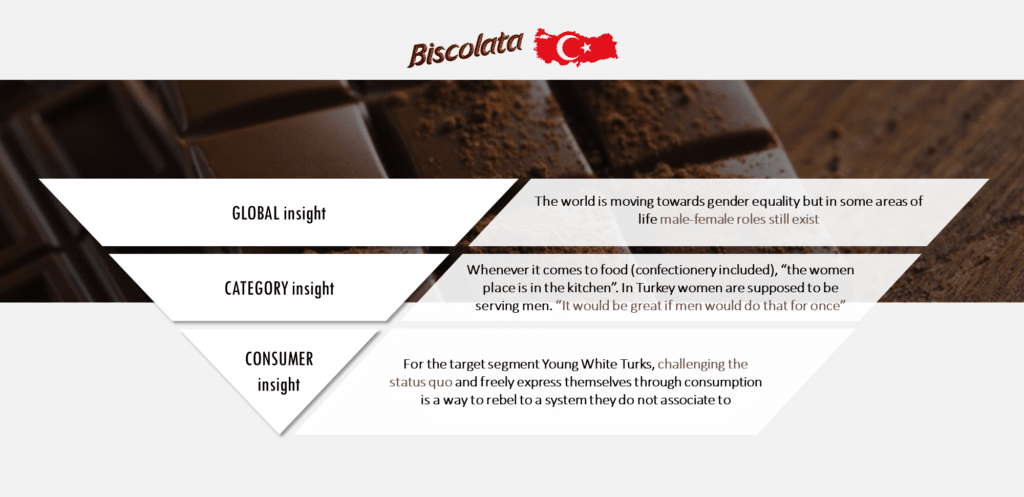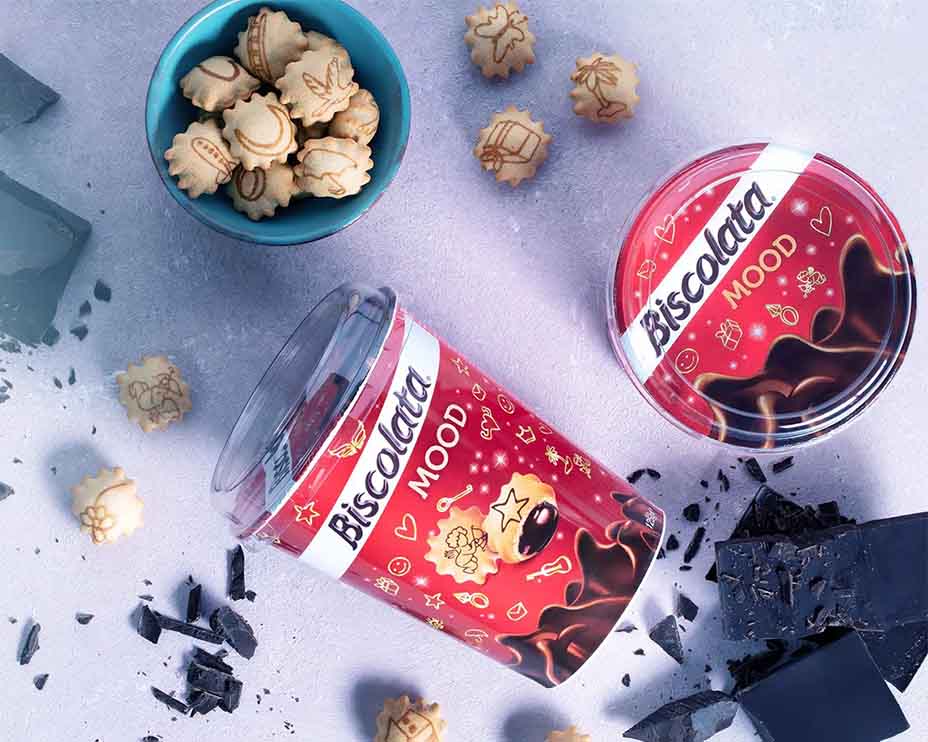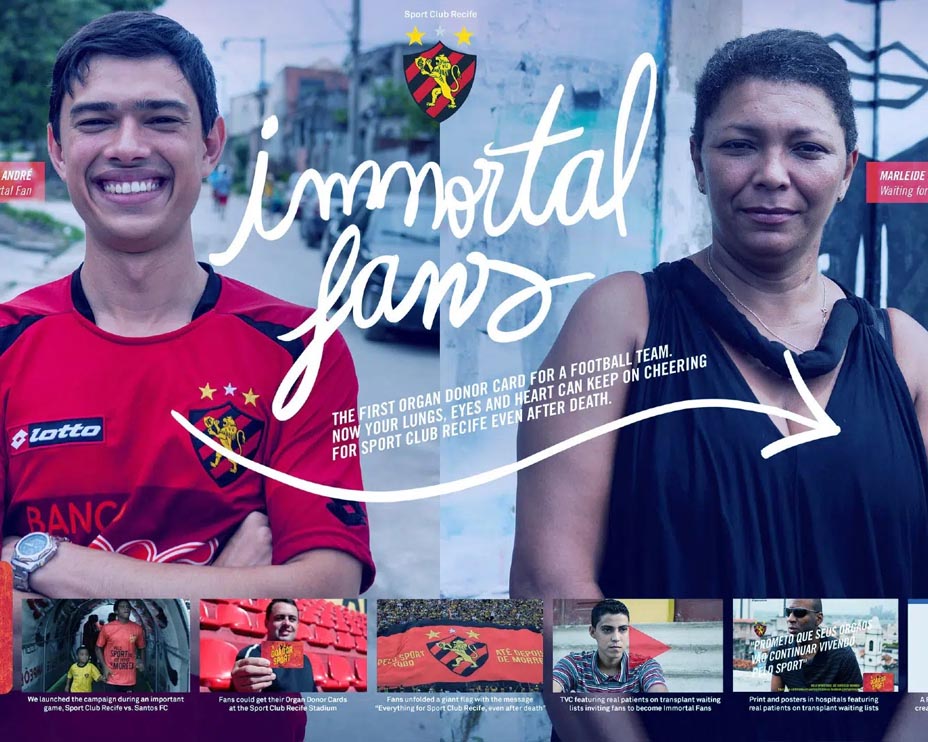The Challenge
Biscolata is a confectionery brand in the Solen portfolio that was having a difficult time breaking through to find its own consumers in the Turkish market against bigger competitors, such as Ulker and Eti. From a functional perspective, the product itself (a biscuit) was practically a commodity in the market, with little differentiation between competitors. Marketing communications for the category had traditionally focused on the family consumption occasions with mom as the gatekeeper.
The Solution
The objective for the Solen marketing team was to reposition the brand in a cluttered category by instead targeting a young adult segment that could separate Biscolata from the rest of the pack. The team had recently completed a Human Segmentation project for the entire portfolio and it was clear from the high-value targeting filtration process that there was a dynamic young adult segment, YOUNG WHITE TURKS, who were frequent consumers of chocolate biscuits themselves and could also be very influential to other segments as the ASPIRATIONAL PORTRAIT for the Biscolata brand. The next step was to look for insights that would indicate the most important need states to deliver on with functional benefits and lifestyle tension points that could trigger a deeper emotional connection to the brand.
Digging for Insights
As Turkey continues to evolve and transform itself at a very rapid pace, there’s a very strong trend across all segments to modernize their daily lifestyle, yet still stay connected to their traditional roots in holding on to their core values and beliefs.
YOUNG WHITE TURKS are a prime example of progressive Turks at the crossroads of trying to live a modern lifestyle while still living in an environment of traditional customs and values. YOUNG WHITE TURKS are the segment of the Turkish market that are most attracted by the Western lifestyle. ‘White Turks’ (Beyaz Türkler) is a turkish term dating back to the 1990s to describe the urban republican elite mostly living in the urban centers of the West including Istanbul and Izmir. White Turks are an imaginary contrast to the so-called Black Turks (Kara Türkler or Siyah Türkler), a name for the more Islamic among Anatolian Turks primarily living in the center and eastern parts of the country.
Need states
The new generation of White Turks (YOUNG WHITE TURKS) is not afraid to challenge the status quo and freely express their attitude and opinions. However, they are often forced to comply with the norms that society is pushing on them.
From a functional benefit standpoint, it was immediately clear that indulgence and pampering were the most meaningful need states Biscolata could deliver against. The tougher question was how to emotionally address the society tension points YOUNG WHITE TURKS were feeling and to do it in a way that connected to the indulgent functional benefits identified as most relevant to the consumer target – and beyond! How could Biscolata become a meme for YOUNG WHITE TURKS wanting to express themselves through brand consumption in a way that allowed them to rebel against the system they felt was hemming them in.
To answer that question, the Solen team applied the Insight Pyramid. In Turkish society, it is still expected that women should serve men when it comes to food and confectionery.
Despite a global trend moving toward gender equality, there are significant sections of the Turkish population that openly state that women’s place is in the kitchen. Naturally, YOUNG WHITE TURKS do not agree with that and strongly believe that gender equality is an essential part of modern society. YOUNG WHITE TURKS interviewed in follow-up research to confirm what the Solen team learned from the segmentation, expressed their frustration with the traditional roles, claiming that “It would be great if a man would serve to me for a change.”

Category Insights
Next, the Solen team looked at how to connect the insights from Turkish society to the confectionary category. While they couldn’t change attitudes and beliefs in society, armed with their insight they were determined to create a different consumption occasion to fully deliver on the needs and tension points of YOUNG WHITE TURKS.
While the competitors were focusing on portraying happy family moments enhanced by sweets served by the women of the family, Biscolata and its agency created an occasion for individual consumption. Biscolata would move from the traditional mom role with confectionery to bring joy and happiness to others with the product, to a much stronger, and up until now, the undisclosed need of young Turkish women to have the personal indulgence and gratification they deserve. Reflecting on the attitude of their targeted consumer, the Solen team pushed it even further to release the identified tension point: “I want to indulge in what I want even if it is against the status quo.”
Biscolata Campaign
The tone and manner of the communication further enhanced the Biscolata brand fit for YOUNG WHITE TURKS. The creative executions from the brand fully delivered on the indulgent and pampered need states while being provocative and challenging to the status quo of traditional Turkish society.
The commercials were broadcast on the TV for three months only, yet few in Turkish society were indifferent to the provocative campaign. People either loved it or hated it. After the initial introduction, the campaign moved from TV to the digital media where YOUNG WHITE TURKS are extremely active and, of course, it went viral. Influential YOUNG WHITE TURKS rallied to the brand even more so with the controversy. As a direct result of the initial campaign, the sales of Biscolata increased by 90% within the first three months. And that was just beginning. The sales further increased by 165% within the first nine months of brand communications on social media only.
The understanding of Turkish society relative to the very human needs and tensions points of YOUNG WHITE TURKS uncovered through a Human Centric Segmentation and the Insights Pyramid model provided a basis to deliver a much more meaningful and involving Biscolata brand proposition. Six years later, the campaign and the brand are still going strong.
by Austeja Subaciute



